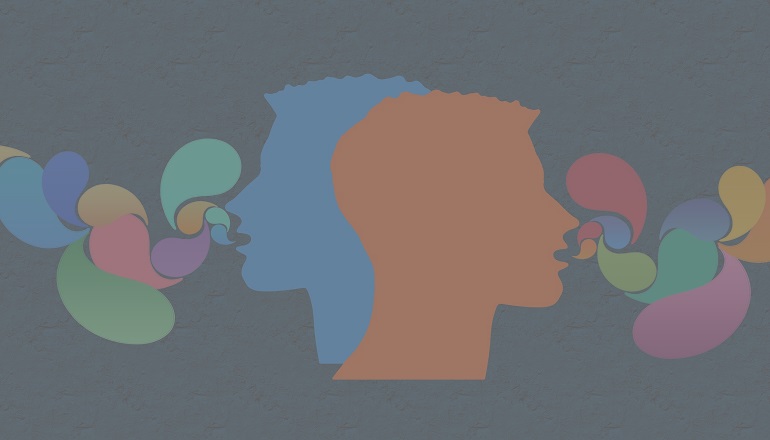Is there an adoptive parent who has not had a nosy question about adoption: “How much did she cost?” “Do you know anything about his birth parents?” “Are they really sisters?” And if we—mature, experienced adults—find such questions unsettling, we can only imagine the effect they have on our teens.
Complex Questions
The questions teens are asked are more complex than the ones they dealt with as younger adopted children, and they often strike a nerve. Teens are thinking with greater sophistication about their adoption, and they want sophisticated answers to their own questions. A friend may ask, “Don’t you think about finding your birth mom? If I were you, I’d want to meet mine.” Such a remark may mirror a teen’s internal struggle and may be painful to hear.
People are endlessly curious about the workings of adoption, so a friend may comment that she can’t imagine why someone wouldn’t want to “keep their child.” A teen may be asked, “Where is your real mother, why didn’t she keep you?” And he may himself be wondering, “Where is my birth mother? Does she think about me?” Teens speculate about their adoption and birth family, so such questions add to their confusion.
Acceptable Answers
Teens need parental support and guidance for answering hard questions, but they may not ask for it. Keeping communication open with teens is tricky but important. Parents can share their own experiences with teens in order to get at what their teen is being asked.
One mother told her 15-year-old, transracially adopted daughter that the grocery store cashier told her what a wonderful person she was to take in a child who is not her own. The mother had replied, “Oh, but you’re wrong, she is my own. I just dye my hair.” The daughter laughed and told her mother that a few of her classmates told her that she is lucky she was adopted, that she might otherwise be living in a dirt hut with no education. The daughter had replied, “Yeah, and all I would eat is rice!” This mother and daughter used humor to cope with unpleasant experiences. How parents can help:
1. Brainstorm with your teen about what he may be asked, and talk about questions he has already been asked. Help him understand why the world is curious about adoption.
2. Show your teen how to respond in challenging social situations. (See “W.I.S.E. Up!”) Remember that teens worry about friendships, fitting in, and their popularity. In the company of their peers, teens usually mask their internal strife, make light of tough questions, or avoid questions altogether.
3. Review all aspects of your teen’s adoption story with him. Talk about issues together, before an outsider brings them up.



